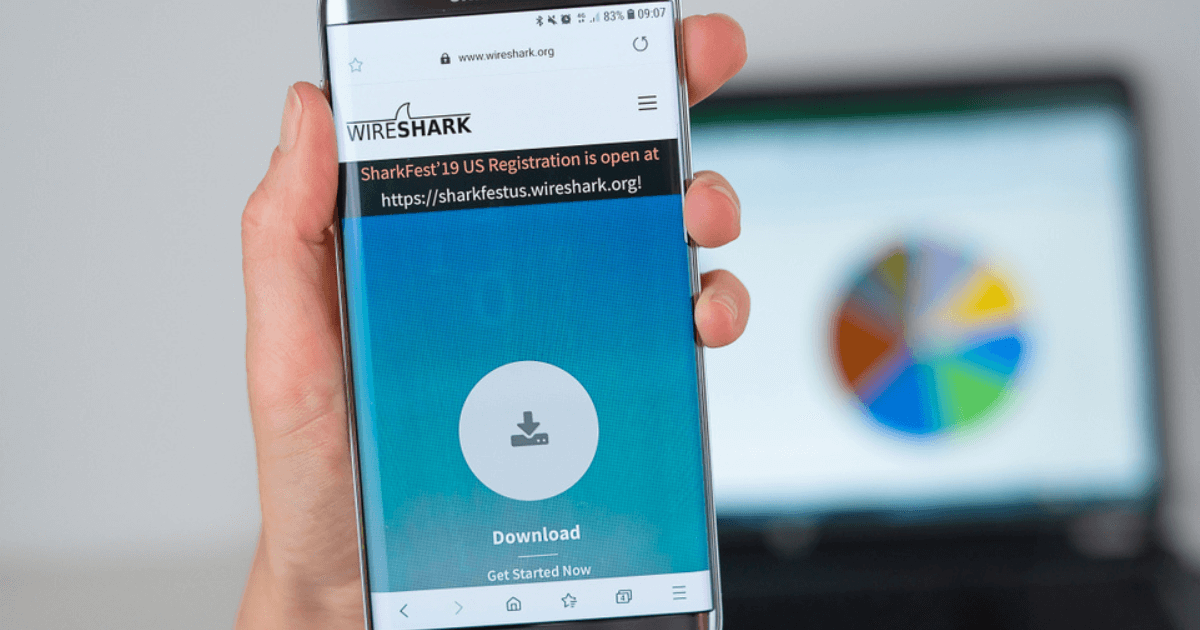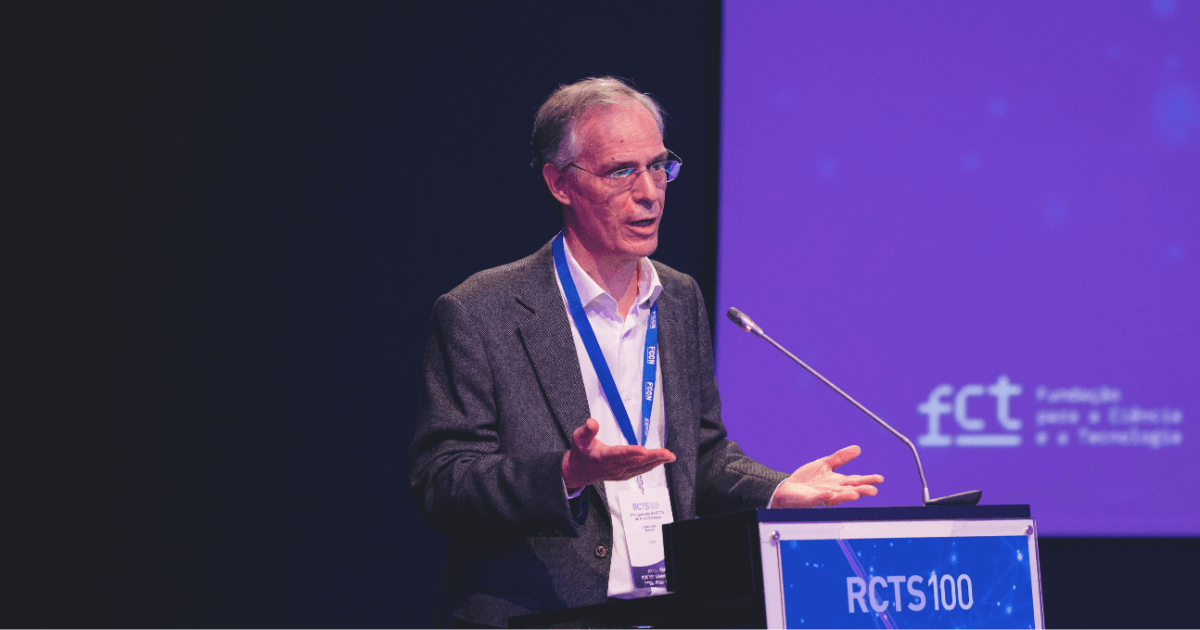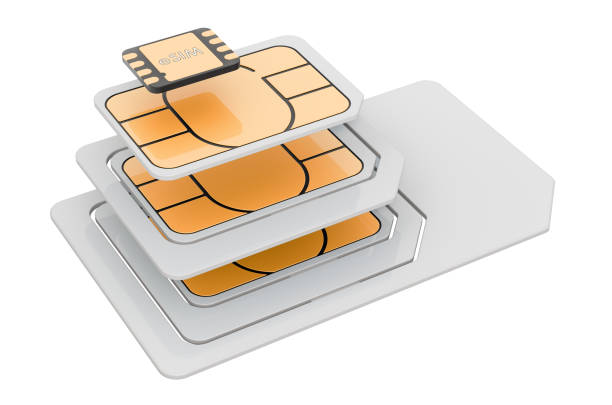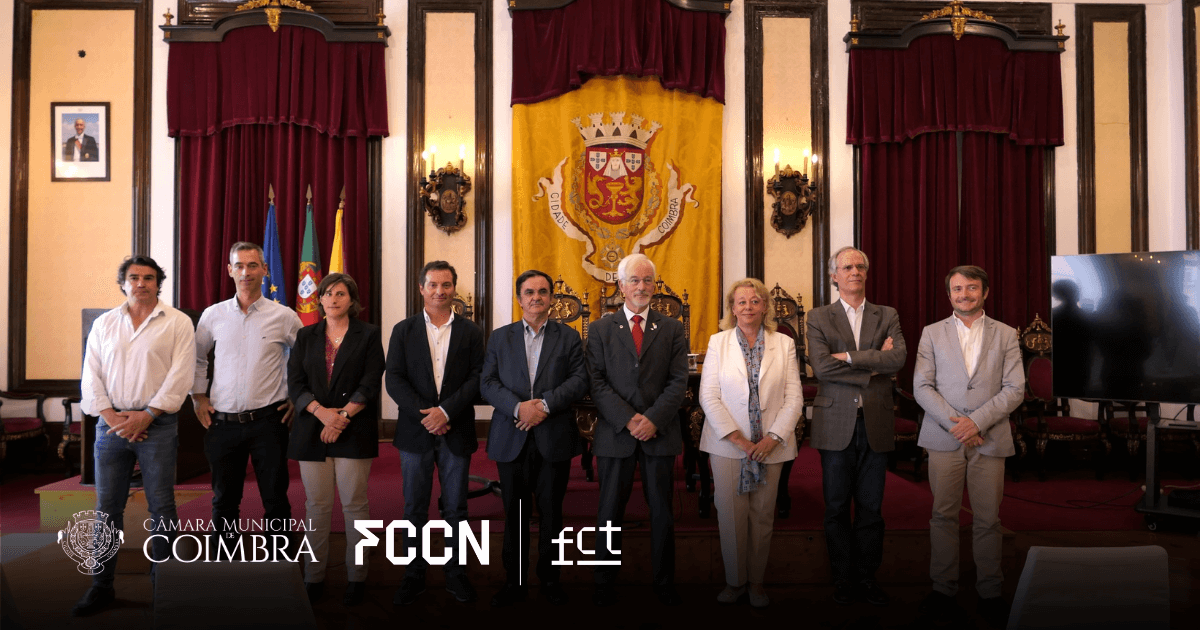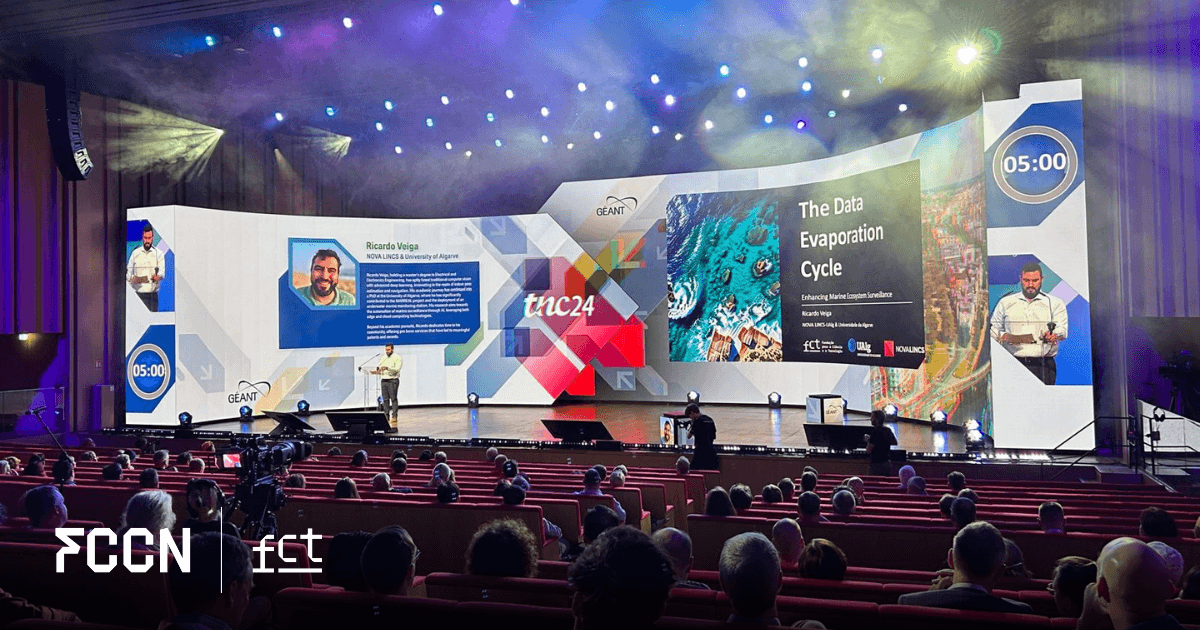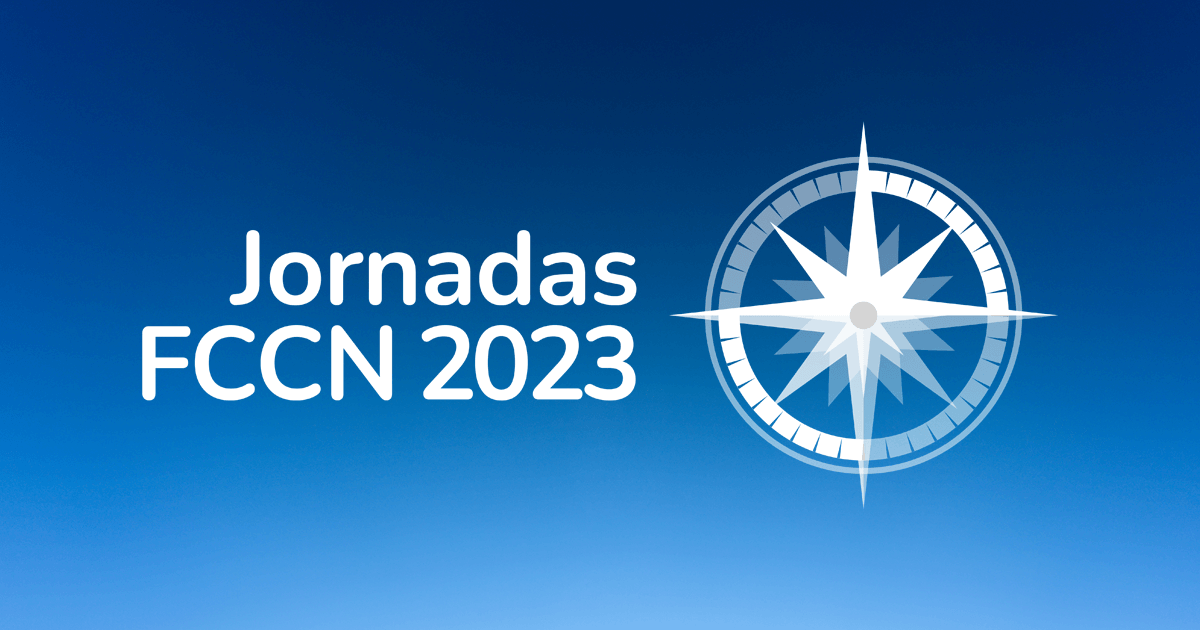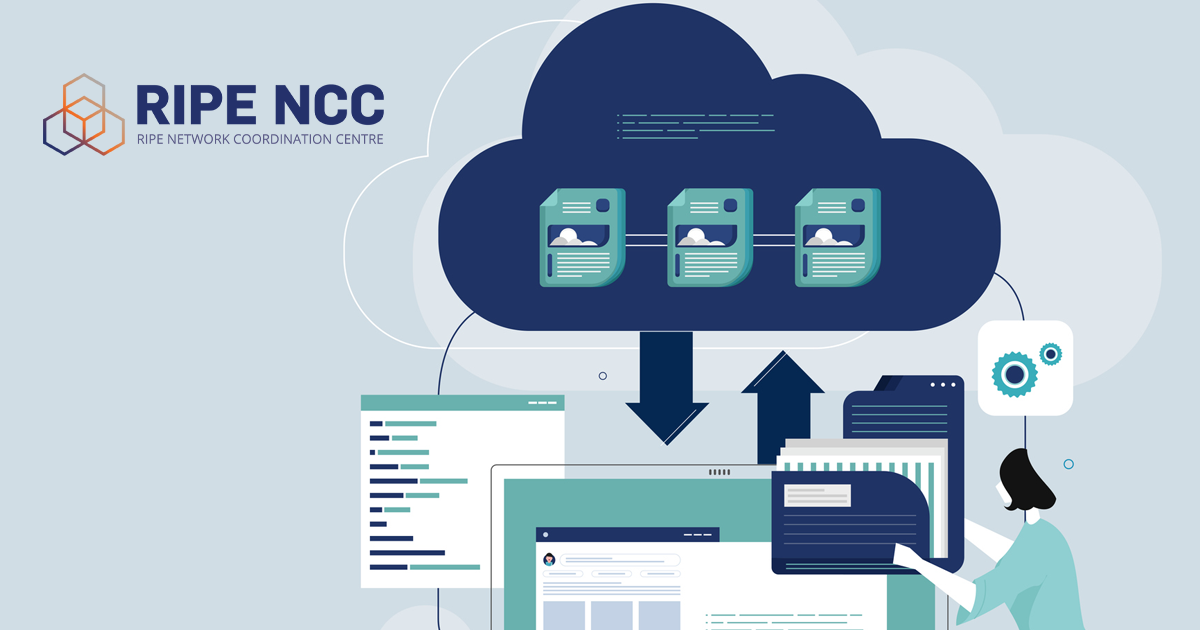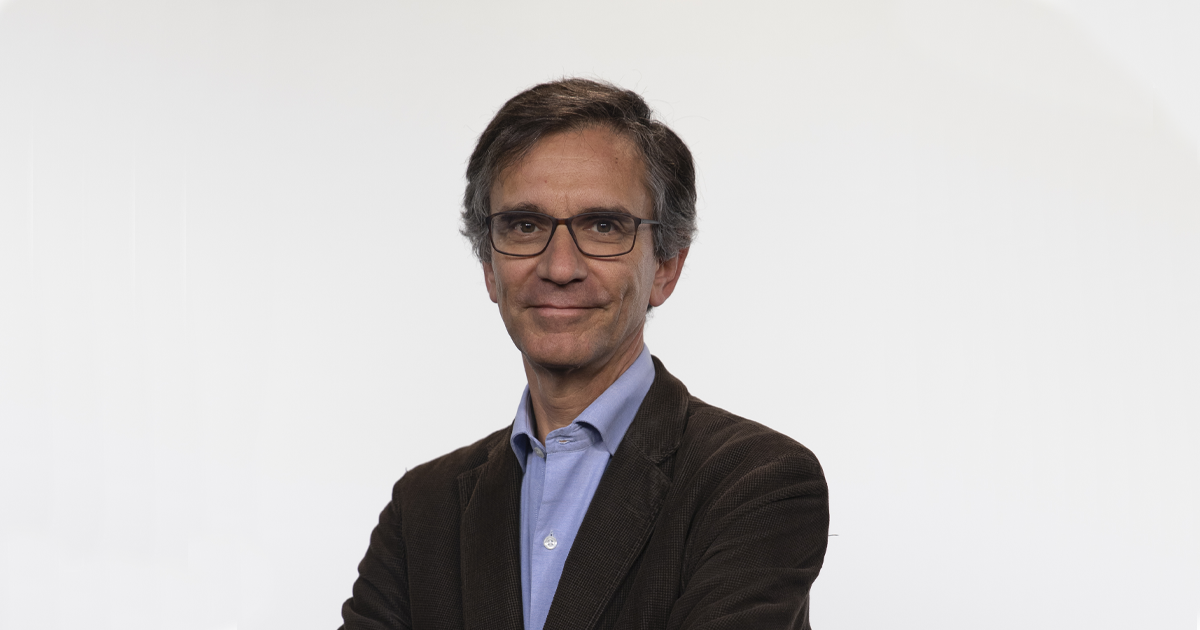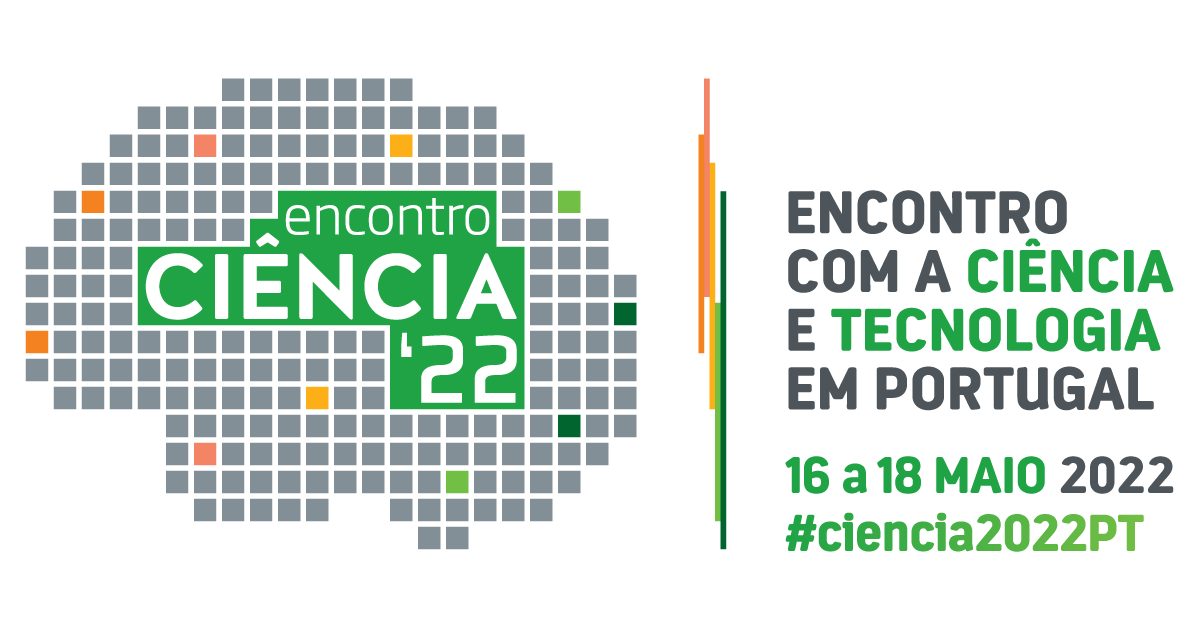In 2002, it all began with a project involving six countries, including Portugal. We traveled through the history of eduroam, the network that in Portugal is managed by the FCCN Unit of the Foundation for Science and Technology.
It's likely that the vast majority of students, regardless of their age or field of study, have already said the following words: "I'm connected to eduroam". In Portugal, this possibility arrived around two decades ago, when it joined the ranks of the six "pioneer" countries of this initiative, along with the Netherlands, Finland, Croatia and the United Kingdom. Since then, this number has grown. And a lot.
Today, the eduroam network reaches more than 100 countries, fulfilling its initial objective, says the FCT: "to provide the academic community with a mobility service", guaranteeing internet access to higher education and research institutions. In total, there are more than 10,000 eduroam hotspots. In Portugal, according to official figures, there are 79 member institutions, with a total of 163 access points on national soil.
In an interview published on fccn.pt on the occasion of eduroam's 20th anniversary, the service's founder, Klaas Wierenga, highlighted the role of Portugal and FCCN during the project's first steps. "During the Portuguese presidency of the European Union, FCCN and the University of Porto defended the first result of the eduroam production service with a national dimension," he says, stressing: "This ultimately showed that eduroam was viable on a 'serious' scale."
Every day, thousands of students, teachers and other professionals in the field of higher education and scientific research use this network. However, the eduroam connection doesn't stop at higher education institutions. In addition to 4,000 public buildings, this network is also present in around 40 international airports.
Who manages eduroam?
In Portugal, eduroam is managed and monitored by the FCCN Unit of the Foundation for Science and Technology, which is responsible for responding to the needs of the student, teaching and research community, particularly in the areas of computing, security and connectivity. You can find out about this and other services for students at https://www.fccn.pt/ensino-superior/estudantes/.


